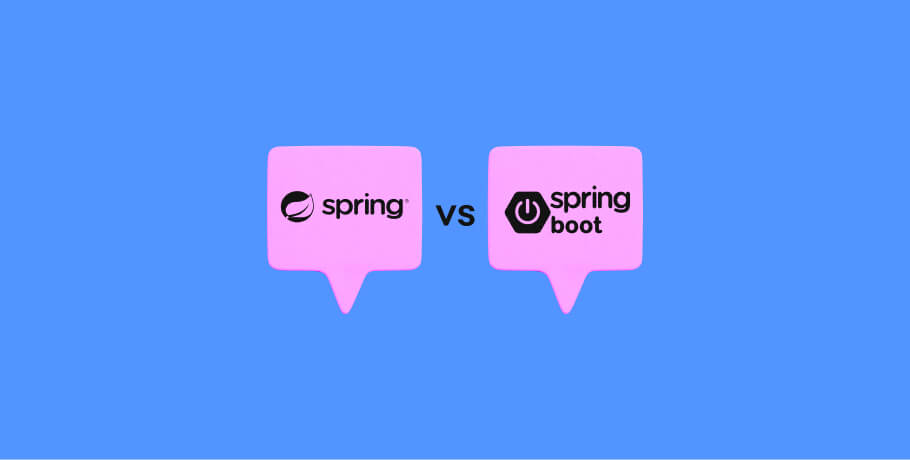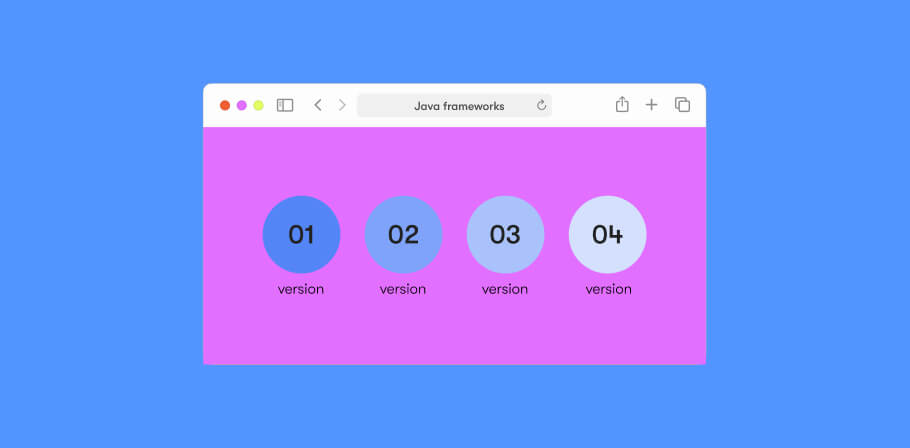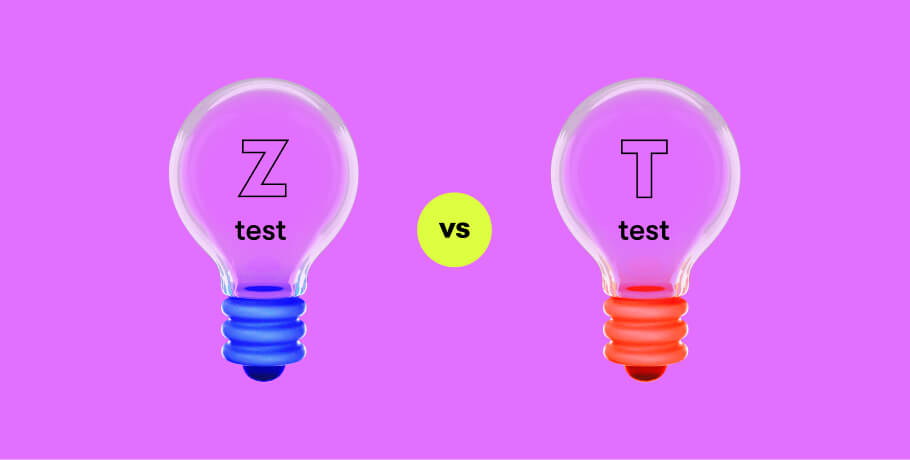Azure is Microsoft’s cloud computing platform, offering a wide variety of services to help businesses of all sizes move to the cloud. It offers services like storage, networking, computing, and more.
Azure is a popular choice for businesses for a number of reasons:
- It’s reliable: Azure has a 99.9% uptime guarantee, meaning that businesses can rely on it to keep their applications and data up and running.
- It has a number of features that make it easy to use, such as a self-service portal and 24/7 customer support.
- It’s flexible, as it can be used for a wide range of tasks, from simple websites to complex applications.
- It can be customized to meet the needs of any business or organization.
As a senior Java software engineer, I’ve come to use Azure cloud services a lot. Let’s look at my top pick of the ones Java developers need to know and use in their practice to accomplish a variety of tasks.
Azure App Service

Azure App Service is a cloud computing service for building and hosting web applications. It is a platform-as-a-service (PaaS) offering from Microsoft.
Azure App Service is a cost-effective way to build and host web applications in the cloud. It provides a managed environment that includes all of the necessary infrastructure and services for developing, deploying, and scaling web applications.
Additionally, Azure App Service offers a variety of features that make it an attractive option for developers, such as support for popular web development frameworks, automatic scaling, and high availability.
Azure Functions

Azure Functions is a cloud-based service that allows developers to create event-driven applications. This means that developers can write code that will run in response to events, such as a user request or a timer.
It is a serverless service, which means that developers don't have to worry about provisioning and managing servers as Azure takes care of all of that for them. This makes it very easy to get started with Azure Functions.
It is highly scalable and can be used to process large amounts of data. It's also very efficient, so developers can save money on computing costs.
Azure Storage
Azure Storage is a cloud service that offers a variety of storage options, including blob, file, table, queue and disk storage.

- Blob storage is a great option for storing large amounts of data, such as video or image files.
- File storage is ideal for storing smaller files, such as text documents.
- Table storage is used for storing massive sets of non-relational structured data.
- Queue storage is perfect for storing messages that need to be processed by an application.
- Disk storage is a high-performance block storage managed by Microsoft and specifically optimized for the cloud.
Azure Storage services are highly scalable and offer high availability. This means that you can store as much data as you need without worrying about running out of space. They’re also highly secure, with multiple layers of security to protect your data.
Azure SQL Database

Azure SQL Database is a fully managed relational database service that provides a secure, scalable and highly available cloud data platform. Azure SQL Database is built on the same foundation as Microsoft SQL Server, so it is compatible with all existing SQL Server applications and tools.
Azure SQL Database is easy to use, with no need to provision or manage virtual machines or install any software. It offers a pay-as-you-go pricing model that allows you to scale up or down as needed, without any upfront costs.
Azure SQL Database provides high availability and disaster recovery capabilities out of the box. It uses multiple replicas of your data to ensure that your database is always available, even in the event of an outage. Azure SQL Database also enables you to create up to seven days of automatic backups, which can be used to restore your database in the event of data loss.
It is a secure platform that helps protect your data from unauthorized access and malicious attacks. It uses industry-standard encryption and authentication protocols to help keep your data safe. Azure SQL Database also offers built-in auditing and threat detection capabilities to help you monitor activity and identify potential security threats.
Azure Active Directory

Azure Active Directory (Azure AD) is a cloud-based directory and identity management service. It is the successor to Microsoft's on-premises Active Directory service.
It allows businesses to manage user identities and access control for their cloud-based applications. It also provides single sign-on (SSO) for Azure and other cloud-based services.
It is a highly available and scalable service that can be used by businesses of all sizes. It is easy to use and administrate, and integrates well with other Azure services.
Virtual Machines

Azure Virtual Machines are a cloud computing service designed to make it easy for users to create and manage virtual machines.
Virtual Machines allow users to run different operating systems and applications in the cloud. They are a popular choice for developers who want to test their applications in different environments. Virtual Machines are also useful for businesses who want to run legacy applications in the cloud.
Azure Virtual Machines are available in a variety of sizes, depending on the user needs. Users can select from a number of operating systems, including Windows, Linux, and FreeBSD. Azure Virtual Machines are billed based on the amount of time they are used, so users only pay for what they use.
Azure Key Vault
Azure Key Vault is a cloud-based key management service from Microsoft. It is used to securely store and manage sensitive keys and secrets for your application.
With Azure Key Vault, you can encrypt your keys and secrets with industry-standard algorithms, such as AES-256, RSA-2048, and ECC-521. Azure Key Vault also provides auditing and logging of all key operations, so you can track and monitor access to your keys and secrets.
Azure Key Vault is an ideal solution for storing and managing sensitive keys and secrets for your application. It is secure, scalable, and easy to use.
So these were my top picks of Azure services which you will definitely come across if you are using Azure as your cloud platform of choice.
If you’re interested in joining EPAM Anywhere as a Java developer with Azure in your primary stack, explore our open jobs and apply.

With a Master’s degree in Computer Applications, I’ve been working in the tech industry for the past 7+ years. I’m passionate about Java and cloud technologies and hold Azure Fundamentals and AWS Cloud Practitioner certifications, in addition to being recognized as an AWS Community Builder. I’m also a Certified Java Technical Interviewer and Ambassador at EPAM Anywhere.
With a Master’s degree in Computer Applications, I’ve been working in the tech industry for the past 7+ years. I’m passionate about Java and cloud technologies and hold Azure Fundamentals and AWS Cloud Practitioner certifications, in addition to being recognized as an AWS Community Builder. I’m also a Certified Java Technical Interviewer and Ambassador at EPAM Anywhere.
Explore our Editorial Policy to learn more about our standards for content creation.
read more































